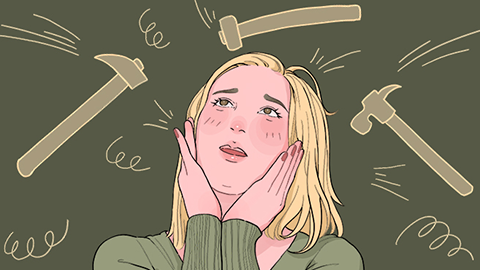What are the manifestations of bipolar disorder?
Bipolar disorder typically presents with severe mood swings, abnormal energy levels, disorganized thought patterns, imbalanced activity levels, and disrupted sleep patterns. If any of these symptoms are observed, prompt medical attention is recommended. Detailed explanations are as follows:

1. Severe mood swings: During manic episodes, patients may experience persistently elevated moods and excessive optimism about things; during depressive episodes, they may fall into extreme depression, feeling hopeless and helpless. These two states alternate, often switching without a smooth transition.
2. Abnormal energy levels: During manic phases, patients may have unusually high energy levels, feeling no fatigue even after prolonged activities, and remaining excited despite reduced sleep; during depressive phases, they may suffer from severe lack of energy, finding even simple tasks exhausting, and appearing generally listless.
3. Disorganized thinking patterns: During manic phases, thoughts may race quickly, speech may increase and be difficult to interrupt, and topics may change frequently; during depressive phases, thinking may slow down, responses may become sluggish, speech may decrease, and answering questions may appear hesitant and labored.
4. Imbalanced activity levels: During manic phases, impulsive spending and excessive socializing may occur, with activities lacking planning; during depressive phases, individuals may withdraw behaviorally, be unwilling to participate in social interactions, and even become passive in daily routines, with slowed movements.
5. Disrupted sleep patterns: During manic phases, individuals may often experience insomnia or wake up after only a few hours of sleep without feeling tired; during depressive phases, they may sleep excessively with significantly prolonged sleep duration, or wake up frequently during the night and struggle to fall back asleep, resulting in very poor sleep quality.
If you or someone else exhibits the above symptoms that interfere with normal daily life, it is advisable to seek timely consultation at a psychiatric department for professional evaluation and diagnosis, enabling early intervention to minimize disruption to daily living.






